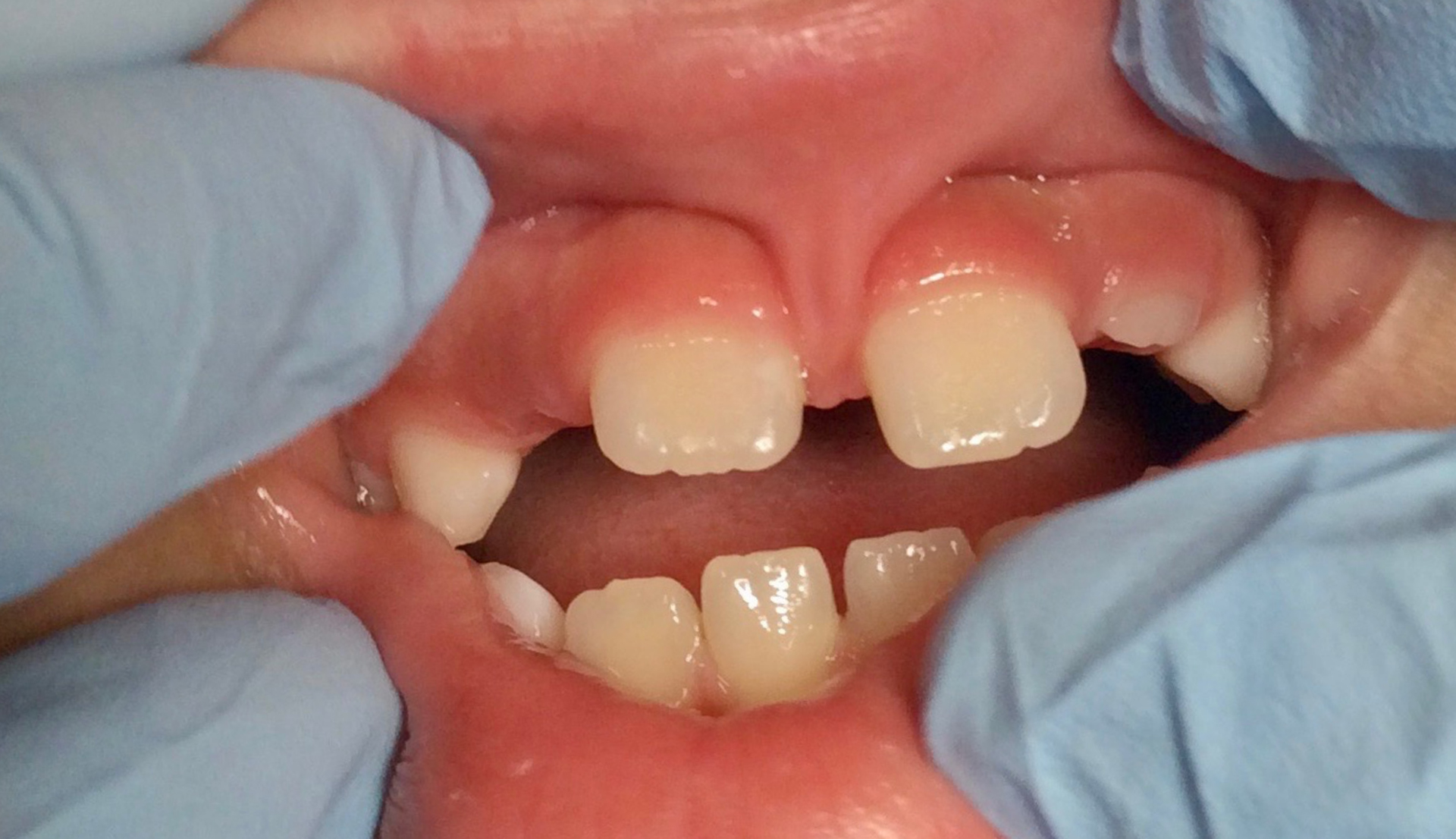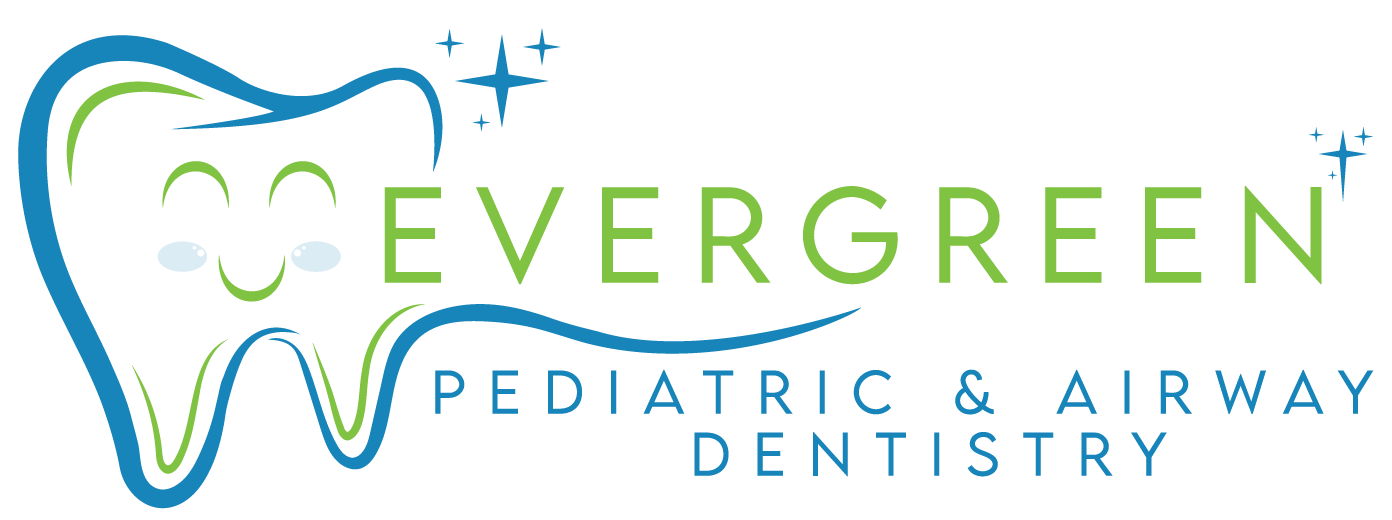From First Tooth to Teen Years: Pediatric Dentistry Services Near Me
Navigating the voyage from a child’s first tooth to their tumultuous teen years can seem daunting for any parent, especially when it comes to ensuring their dental health is in peak condition. It’s a journey filled with firsts – from the very first tooth that pops through to braces, wisdom teeth, and everything in between. The importance of finding a compassionate and skilled pediatric dentist who can guide your child through these pivotal stages cannot be overstated. In this blog, we’re inviting you on a deep dive into the world of pediatric dentistry services near me that cater to every phase of your child’s growth. Whether you’re marking the calendar for that first dental visit or scheduling a consultation for orthodontics, discover how the right pediatric dental care can make all the difference in your child’s smile and overall health.
Understanding the Role of Pediatric Dentists
Pediatric dentists specialize in providing comprehensive dental care for infants, children, and adolescents, ensuring that your child’s teeth, gums, and mouth remain healthy throughout their formative years. These dental professionals undergo additional years of training beyond dental school, equipping them with the knowledge and skills to address the unique needs of young patients. They create a welcoming, child-friendly environment that helps reduce dental anxiety, making each visit a positive experience. Furthermore, pediatric dentists play a crucial role in educating families about good oral hygiene practices, nutritional advice, and preventive strategies to safeguard against cavities and gum diseases. By fostering a foundation of trust and care, they not only attend to immediate dental concerns but also lay the groundwork for a lifetime of optimal oral health.

Pediatric Dentistry
The First Visit: Celebrating the Arrival of the First Tooth
The arrival of the first tooth is a milestone in a baby’s growth that sparks a mix of excitement and concern in parents. This significant moment typically occurs around six months of age, heralding the time for the baby’s first dental visit. Pediatric dental experts recommend scheduling this initial check-up within six months after the first tooth appears, but no later than the child’s first birthday. This early visit aims to provide parents with the necessary guidance on how to care for their baby’s emerging teeth, discuss feeding practices, and introduce oral hygiene habits that will support healthy dental development. It’s a proactive step that sets the stage for preventing future dental issues and helps parents become comfortable with regular dental care for their child. Creating a positive and comforting experience from the start encourages children to view dental visits as a normal part of their health routine, laying the foundation for lifelong dental health.
Early Childhood Dental Care
As children transition from infancy into their playful toddler years and beyond, maintaining focus on their dental care becomes increasingly essential. This period is characterized by the loss of baby teeth and the emergence of permanent teeth, a natural process that can sometimes be accompanied by dental concerns such as cavities or misalignment. Early childhood dental care is pivotal in preventing tooth decay, which remains one of the most common chronic diseases in children. Pediatric dentists are adept at identifying and treating cavities early, employing fluoride treatments and dental sealants as preventive measures. Additionally, this stage involves guiding parents and children in establishing a robust oral hygiene routine that includes brushing twice a day with fluoride toothpaste, regular flossing, and making healthier food choices that are less conducive to dental decay. These early interventions play a critical role in ensuring the development of strong, healthy teeth, and instilling positive dental habits that children will carry into adulthood.
Preventative Measures: Sealants and Fluoride Treatments
Preventative care plays a fundamental role in pediatric dentistry, aimed at warding off cavities and dental decay before they begin. Two of the most effective tools in this preventive arsenal are dental sealants and fluoride treatments. Sealants are a protective coating applied to the chewing surfaces of the back teeth – areas most prone to cavities. This simple, pain-free procedure creates a barrier against food particles and plaque, significantly reducing the risk of tooth decay. Fluoride treatments, on the other hand, strengthen the enamel on your child’s teeth, making them more resistant to decay. These treatments are especially beneficial in children and adolescents who are at a higher risk of developing cavities. By incorporating these preventive measures into your child’s dental care routine, pediatric dentists provide an added layer of protection that contributes to a lifetime of healthy smiles.
Common Dental Issues in Infants and Toddlers
Even in the earliest stages of life, infants and toddlers are not immune to dental issues. One common condition is “baby bottle tooth decay,” which occurs when sugary substances in milk, formula, or fruit juice cling to an infant’s teeth for long periods, promoting decay. Another prevalent issue is teething discomfort, as new teeth emerge through the gums, often causing irritability and a tendency to bite on hard objects. For toddlers, early childhood caries (cavities) can become a significant concern, particularly for those with a high intake of sugary snacks or poor oral hygiene habits. Misalignment can also begin to manifest due to habits like prolonged thumb sucking or pacifier use beyond the recommended age. Pediatric dentists play a vital role in identifying these issues early, providing treatment options, and offering guidance to parents on preventive measures and habit correction to ensure a healthy development of their child’s teeth and jaw.

Pediatric Dental Care
Tackling Childhood Cavities
Childhood cavities, also known as dental caries, present a significant challenge in pediatric dentistry, affecting both the physical health and well-being of young patients. Initiating from the buildup of plaque and bacteria in the mouth, cavities can lead to discomfort, pain, and even affect a child’s ability to speak and eat if left untreated. Recognizing the early signs of cavities, such as tooth sensitivity, visible holes in teeth, or pain when biting down, is crucial for timely intervention. Pediatric dentists employ several strategies to combat cavities, ranging from the application of topical fluoride treatments designed to strengthen tooth enamel to the use of pediatric dental crowns to restore and protect decayed teeth. Education plays a vital role in cavity prevention, with dentists advising parents and children on the importance of consistent oral hygiene practices, limiting sugary snacks and beverages, and the significance of regular dental check-ups. By addressing cavities early and fostering an environment of proactive dental care, pediatric dentists work to ensure the long-term oral health of their young patients.
Orthodontic Evaluations and Treatments
Orthodontic evaluations and treatments play a critical role in pediatric dentistry, focusing on the alignment of teeth and jaws to ensure proper oral function and aesthetic harmony. These evaluations are recommended for children by the age of seven, a time when it’s possible to identify jaw discrepancies and emerging issues with permanent teeth. Early intervention can simplify later treatments, sometimes eliminating the need for more complex orthodontic procedures. Treatments may range from traditional braces to modern clear aligners, depending on the individual needs of the child. Orthodontists work closely with pediatric dentists to monitor the development of children’s teeth and jaws, addressing any issues that may affect their speech, chewing ability, and overall oral health. Through timely evaluations and personalized treatment plans, orthodontic care contributes significantly to building the foundation for a healthy, beautiful smile that will last a lifetime.
Dental Health Tips for Teens
The teenage years are a pivotal time for dental health, presenting unique challenges that require attention from both teens and their dental care providers. During this stage of significant growth, wisdom teeth begin to emerge, which can lead to issues such as crowding, misalignment, or even impaction if they’re not carefully watched. Furthermore, teens’ lifestyle choices, such as consuming sugary snacks and drinks, along with the possible start of tobacco or vaping use, considerably heighten the risk of cavities and gum diseases.
Another significant concern is the high risk of dental injuries from sports, highlighting the importance of wearing mouth guards to protect their teeth during any physical activity. Dental professionals specializing in adolescent care are crucial for navigating these challenges. They provide essential advice on managing wisdom teeth, encourage healthier dietary and lifestyle habits, and offer protective measures like custom mouth guards to prevent sports-related injuries.
Encouraging teens to grasp the importance of diligent oral hygiene is essential for ensuring their dental health well into the future.
Dental Care Throughout Childhood
Navigating the complexities of dental care through different stages of childhood is vital for ensuring a lifetime of healthy teeth and gums. Each phase from infancy to adolescence introduces specific challenges and needs in a child’s dental health trajectory. For instance, introducing an infant to their first dental visit by the age of one sets the stage for positive oral health habits. It helps in early detection of potential issues and acclimates children to the dental care environment, reducing anxiety in future visits.
As children grow, preventive measures such as sealants and fluoride treatments become crucial in guarding against cavities and tooth decay, common issues during these formative years. Establishing routine dental check-ups, twice-yearly cleanings, and promoting a healthy diet low in sugary snacks are fundamental steps during childhood to prevent dental problems.
Entering teenage years, the focus shifts towards managing the impact of lifestyle choices on dental health, addressing orthodontic needs, and wisdom teeth evaluation. Teenagers are encouraged to take an active role in their oral hygiene practices, understanding the importance of maintaining dental health amidst the challenges and changes of adolescence.
In sum, dental care throughout childhood requires a proactive, preventive approach, tailored strategies at different ages, and fostering a positive relationship between young patients, their parents, and dental professionals. This comprehensive care ensures that children enter adulthood equipped with the knowledge and habits necessary for maintaining excellent oral health.

Children Dentistry Service
Dental Emergencies: Preparation and Response
Encountering a dental emergency can be a distressing experience for both children and their parents. Common dental emergencies in children and adolescents may include knocked-out teeth, chipped or fractured teeth, severe toothache, and injuries to the gums or jaw. Being prepared and knowing how to respond swiftly can significantly impact the outcome of these emergencies.
In the event of a knocked-out permanent tooth, it is crucial to handle the tooth by the crown, avoiding touching the root. If possible, gently reinsert the tooth into its socket, or alternatively, keep it moist by placing it in milk or the child’s saliva until professional dental care can be obtained. For a chipped or fractured tooth, rinse the mouth with warm water to clean the area, and apply a cold compress to reduce swelling. Seeking immediate dental attention is essential to assess the extent of the damage and to explore restoration options.
Severe toothache should never be ignored, as it can indicate underlying problems such as infection. Parents can help by rinsing the child’s mouth with warm water and using floss to remove any food particles possibly exacerbating the pain. However, professional evaluation is necessary to determine the cause and appropriate treatment.
For injuries to the gums or jaw, applying a cold compress can help manage swelling, but it is important to contact a dentist or visit an emergency room as soon as possible for further assessment.
Educating parents and children on these steps for dealing with dental emergencies, along with the importance of regular dental check-ups, equips them with the knowledge to manage unexpected situations effectively, ensuring the health and safety of young smiles.
Building a Long-term Relationship with Your Pediatric Dentist
Establishing and maintaining a long-term relationship with your children dentist is invaluable for ensuring continuous and comprehensive dental care for your child from infancy through to adolescence. Such a relationship nurtures trust and comfort, essential components for a positive dental experience, especially for young patients who might feel anxious about visiting the dentist. Regular appointments become not only about immediate dental needs but also about building a history that can inform future care and prevention strategies. A pediatric dentist who is familiar with your child’s dental history, habits, and personality can offer personalized advice and treatments tailored to their specific needs. This continuity of care is vital for anticipating developmental issues that may arise with their dental health. Parents can foster this relationship by scheduling regular check-ups, discussing concerns openly, and following through with the dentist’s recommendations, creating a partnership that supports their child’s dental health and overall well-being.
Finding the Right Pediatric Dentist Near You
Choosing the right pediatric dentist is crucial for your child’s long-term dental health and well-being. When searching for a pediatric dentist, it’s essential to consider factors such as the dentist’s qualifications, experience in pediatric dentistry, and the approachability of their office environment. A dentist who is not only highly skilled but also compassionate and patient can greatly ease the dental care experience for both you and your child. Recommendations from family, friends, or your child’s pediatrician can be invaluable. Additionally, online reviews and local dental societies can offer insights into a dentist’s reputation and services. Prioritize visiting the dental offices in person to gauge the atmosphere, understand the dental practices in place, and to meet the dental team. It’s important that your child feels comfortable and safe in their dental care environment.
Conclusion
Navigating your child’s dental health journey from infancy through adolescence entails a series of careful steps, attention to their changing needs, and an understanding of the importance of oral health. Regular dental visits, preventive care, and immediate response to dental emergencies lay a solid foundation for a lifetime of healthy teeth and gums. Building a trusting, long-term relationship with a qualified pediatric dentist ensures your child receives personalized, compassionate care at every stage of their development. By prioritizing dental health from a young age, you equip your child with the knowledge and habits necessary for maintaining optimal oral health well into adulthood. Remember, the path to a healthy smile begins with the right care, the right education, and the right dental partnership.
Evergreen Pediatric Dentistry
https://www.google.com/maps?cid=14720788683151219551
12910 Totem Lake Blvd NE #103, Kirkland, WA 98034, United States
(425) 814-3196
https://evergreenkidsdentist.com/


